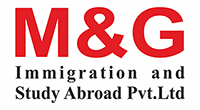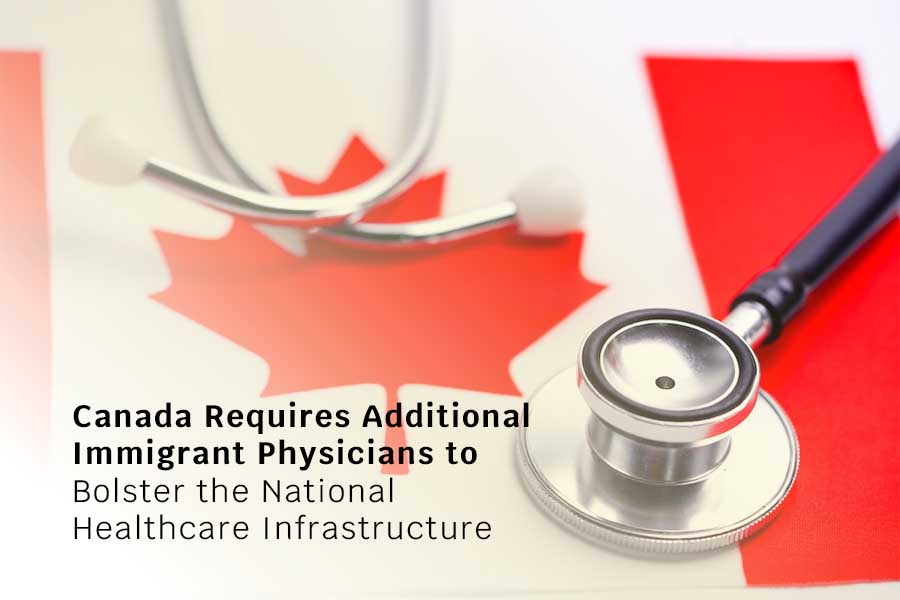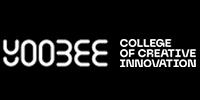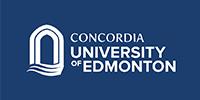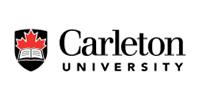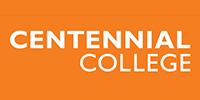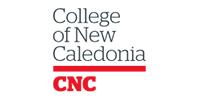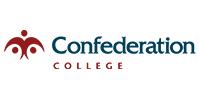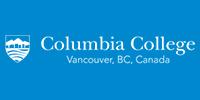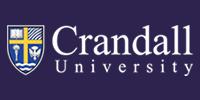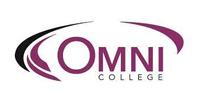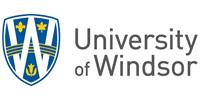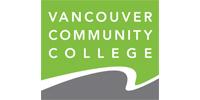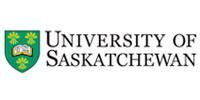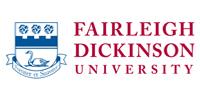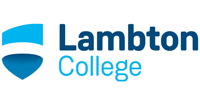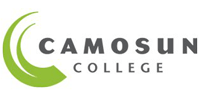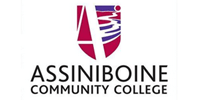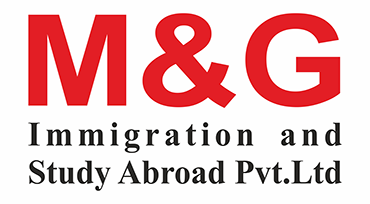In the past decade, Canada has experienced a population surge of over five million individuals. However, despite this significant increase, only 167 medical residencies have been added during the same period. Consequently, obtaining regular access to a family doctor has become increasingly challenging for many Canadians. As one of the Best Canada Immigration Consultants in Kerala we have tried to understand this current scenario in detail.
A recent report by CBC News in late January highlighted the severity of the situation, revealing that more than 6.5 million Canadians lack regular access to a family physician. The convergence of population growth and various factors constraining the availability of family doctors across the country has resulted in significant repercussions for Canadians.
The challenge of securing sufficient healthcare professionals, particularly doctors, in Canada is being addressed by both federal and provincial/territorial governments through increased immigration of qualified healthcare workers.
Barriers Faced by International Medical Graduates (IMGs)
Government data from December 2022 reveals that immigrants constitute a significant portion of the healthcare workforce in Canada, with one in every four workers being immigrants. However, International Medical Graduates (IMGs), who are trained as doctors in other countries, encounter obstacles in obtaining medical residencies in Canada due to quotas and preferences favoring graduates of Canadian medical schools.
Dr. Kathleen Ross, president of the CMA, underscores that this situation poses a challenge to Canada’s healthcare system, as there is an insufficient number of domestically trained primary care doctors to meet the country’s healthcare needs.
To address these challenges, Canada is investing in the recognition of foreign credentials, with the government allocating up to $86 million to support the recognition of credentials of internationally educated healthcare professionals. This initiative aims to assist highly skilled immigrants in obtaining proper recognition for their qualifications.
Other Contributing Factors to the Shortage of Family Doctors
Canada is experiencing rapid population growth, but the availability of family doctors is not keeping pace due to various reasons.
Declining interest in family medicine among Canadian medical graduates is evident, with a decreasing percentage of graduates opting for family medicine residency training. Additionally, the number of family doctors leaving the profession annually surpasses the number of new entrants.
Moreover, there has been minimal growth in medical residencies over the past decade, which exacerbates the shortage of family doctors. Current projections suggest that Canada will require nearly 49,000 additional family doctors by 2031.
Efforts to Address the Gap
At the federal level, Canada is leveraging its Express Entry draws to attract more foreign-trained doctors. Healthcare is prioritized among five occupational categories in these draws.
Provincially, initiatives are underway to expand medical school capacity. Ontario plans to add 449 postgraduate medical training spaces over the next five years, with 154 spaces expected to become available in 2024. Prince Edward Island will establish a new medical school in 2025, while British Columbia intends to open a new medical school in 2026 at Simon Fraser University’s Surrey campus.















